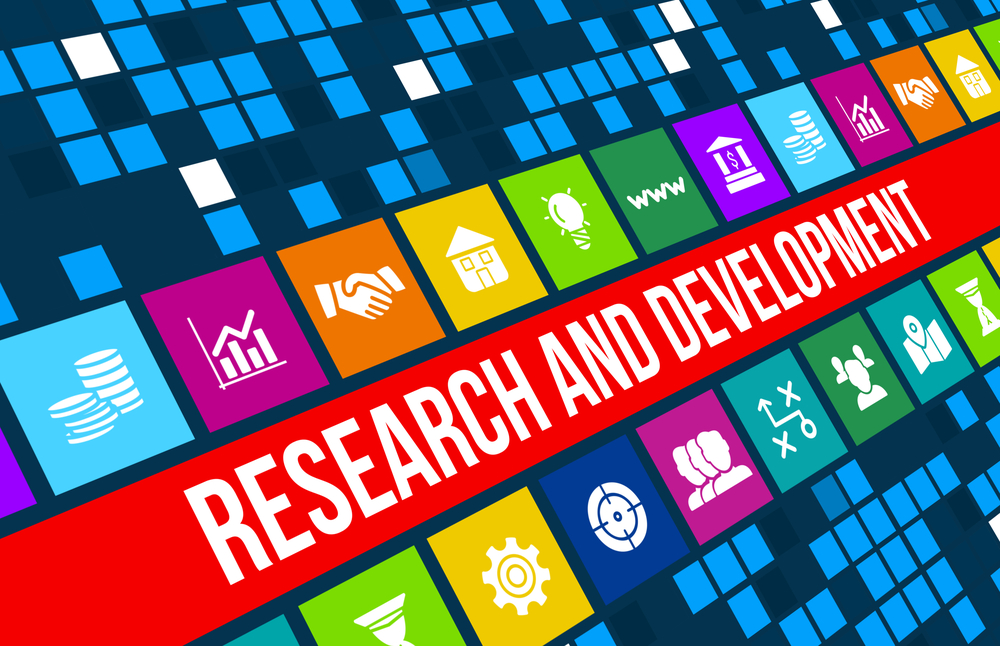A letter from Francis S. Collins, M.D., Ph.D.
Director, National Institutes of Health
I write to announce a major new NIH initiative to identify the causes and ultimately the means of prevention and treatment of individuals who have been sickened by COVID-19, but don’t recover fully over a period of a few weeks. Large numbers of patients who have been infected with SARS-CoV-2 continue to experience a constellation of symptoms long past the time that they’ve recovered from the initial stages of COVID-19 illness. Often referred to as “Long COVID”, these symptoms, which can include fatigue, shortness of breath, “brain fog”, sleep disorders, fevers, gastrointestinal symptoms, anxiety, and depression, can persist for months and can range from mild to incapacitating. In some cases, new symptoms arise well after the time of infection or evolve over time. In December, NIH held a workshop to summarize what is known about these patients who do not fully recover and identify key gaps in our knowledge about the effects of COVID-19 after the initial stages of infection. In January, I shared the results from the largest global study of these emerging symptoms. While still being defined, these effects can be collectively referred to as Post-Acute Sequelae of SARS-CoV-2 infection (PASC). We do not know yet the magnitude of the problem, but given the number of individuals of all ages who have been or will be infected with SARS-CoV-2, the coronavirus that causes COVID-19, the public health impact could be profound.

